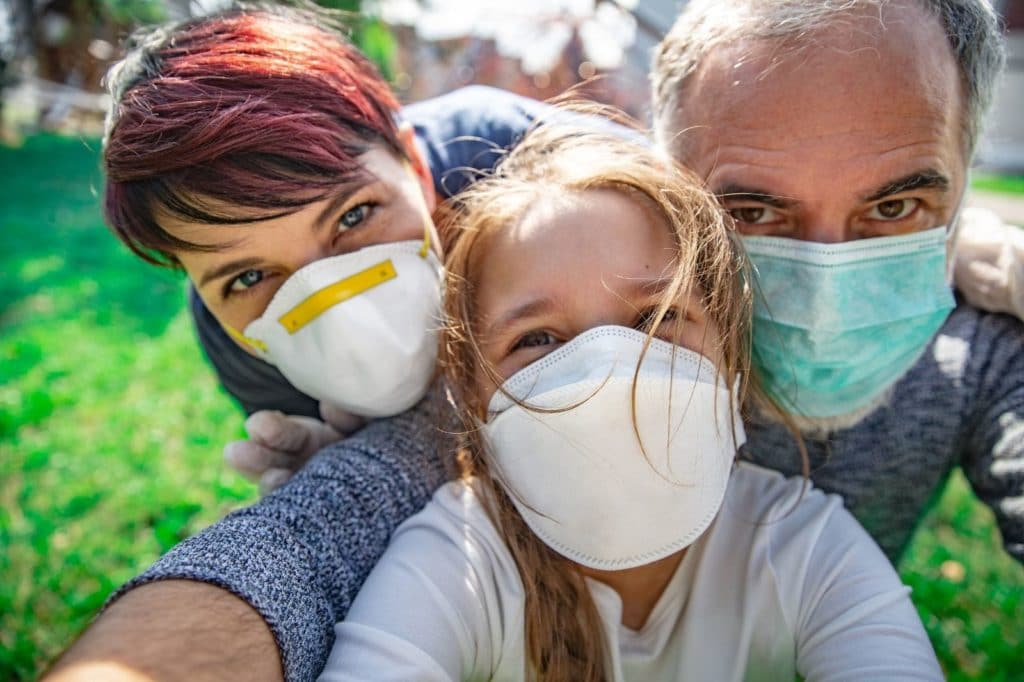As we enter our eighth month of this global pandemic, and what feels like our “new normal,” I’ve been thinking of the families and kids I’ve seen over this period of time. Initially, families experienced heightened fear and confusion. When the mandatory lockdowns took place, we saw a rise in acuity, severe cases of abuse, neglect, and lack of resources for so many. So much was taken away seemingly overnight. As we have gradually adjusted, even with spikes in numbers and uncertainties, families adjusted as best they could. This fall brought fresh concerns about going back to school. What will that be like? Do we go back to school, or do we continuing to engage in virtual learning?
As I think back on families and children I’ve seen in the last few months, I noticed immediate crisis were less common. But in turn, there has been an increase in depression from prolonged anxiety. Our minds and bodies cannot sustain being on high alert for a prolonged period of time without exhausting itself. Our fight and flight response, which alerts us to danger, has been running overtime. As we head into the winter season, we are already watching a rise in cases again. This adds to the sense of hopelessness, which is a key part of depression. The uncertainty of the future may keep anxiety high for some, while others increase sadness and helplessness. Many families and individuals experience both, in an ongoing cycle.
I encourage parents to ask themselves, where do you find hope? What are your internal resources that give you the strength to keep going? What gives you meaning? How did you learn that? What vision do you see for yourself and your family for the future? Parents are always busy giving of themselves, and this self-reflection might remind you of some important values. I also encourage you to ask your child or teen some open-ended questions along these lines that enable and foster resilience in them.
Here are some examples for children:
- What makes you feel brave?
- What do you like to daydream about?
- What makes you feel loved?
- What do you look forward to when you wake up?
- What do you enjoy giving people?
Here are some examples for teenagers:
- What are ten things you desire?
- What are ten things you enjoy doing?
- What are you learning right now?
- If you could donate money to charity, which would it be and why?
- What makes you feel thankful?
We are all experiencing a collective trauma both together and in isolation. Sharing our experiences, our thoughts and feelings, encouraging each other’s creative outlets, and checking in with one another—in short, relationships are foundational for our survival. If you as a parent are also feeling overwhelmed, please reach out for support. If you are concerned about your child or teen, please contact a professional for a consultation. We have a program just for that, our First Step Program. We also have numerous resources available on our websites.
“Everything can be taken from a man but one thing: the last of the human freedoms — to choose one’s attitude in any given set of circumstances, to choose one’s own way.” Viktor Frankl, MD and Holocaust survivor










